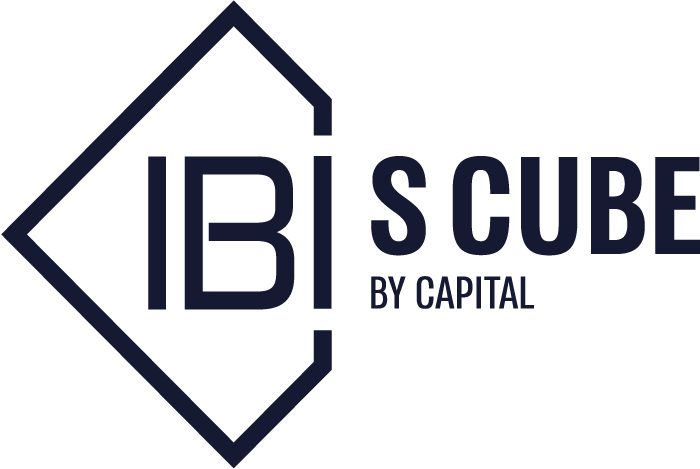More challenging than ever: What are venture capital investors looking for in Israel in 2023? In the current period of uncertainty, many questions and doubts arise. What is the effect of political tensions on the market? What can be done nonetheless to increase the chances of receiving an investment? What is expected for the Israeli technology sector in the coming months?
Based on a Podcast with Yaron Elad, host Gidi Shalom Bendor
The current global macroeconomic landscape has cast a pall on technology companies, both within Israel and beyond. The confluence of factors, including rising interest rates, diminishing multiples in public markets, and a decrease in investment inflows, has created a complex operational environment. Compounded by the inherent risks associated with investing in technology firms, particularly at early stages, local tech enterprises now grapple with an additional layer of complexity – the potential fallout from the controversial changes to the legal system that loom overhead. Within this context, entrepreneurs striving to expand their investor base find themselves pondering a strategic shift. The concept of “corporate inversion” is gaining traction – a concept wherein the parent company is registered as a foreign entity, and the Israeli counterpart becomes a subsidiary. Entrepreneurs are likewise cautious about securing funding from the Israeli Chief Scientist, given the pervasive uncertainty around entanglement with the Israeli government. So how do things look from the investor’s point of view? What can be done nonetheless to increase the chances of receiving an investment? Will the situation improve in the coming months?
What are investors looking for today?
In the constantly changing world of technology companies in Israel, the current macro environment adds substantial challenges. Investment volumes have receded, while the competition for investor funds has intensified dramatically, driven by a major surge in deal flow. Unlike the past, where startups had the upper hand and could practically choose between investors, the present landscape demands concrete proof of viability. Advanced-stage enterprises must now establish their ‘go to market fitness,’ demonstrating robust marketing strategies, effective market penetration plans, and sustainable unit economics. Similarly, early-stage ventures face the imperative of demonstrating ‘product-market fit,’ proving alignment with market demands and solid customer volume and Annual Recurring Revenue (ARR) figures. This reshaped landscape requires companies to present a comprehensive and compelling showcase of their value proposition, market readiness, and potential for lasting growth.
Above all, investors are still looking for talented entrepreneurs
What hasn’t changed, and probably won’t in the future, is that investors are looking first and foremost for talented entrepreneurs with not only technological skills but even more importantly, a good understanding of their business environment. Furthermore, investors prefer ventures situated within markets they understand and that have strong growth potential. For entrepreneurs, the essential competency lies in their capacity to analyze the relevant market for the product they are developing. Key considerations involve identifying the precise niche the product can capture, discerning the initial and advanced-stage clientele, estimating potential revenue streams across customer segments, and gauging market demand through interactions with prospective customers. Essential market research includes broad outreach to potential customers confirming the product’s necessity and ascertaining the price potential customers would be willing to pay. This research should usually include big foreign markets like the US and Europe, rather than just the relatively small local Israeli market.
Equally crucial is the ability to manage the company post-development. This involves strategic planning for market penetration, including avoiding pitfalls like hasty over-recruitment of sales personnel in the US with the intention of firing all but the most successful ones. A judicious approach instead involves phased recruitment post-initial sales, a measured progression that aligns with reaching the product-market fit stage before scaling up sales efforts. Entrepreneurs embracing this careful growth strategy and minimizing cash burn significantly enhance their prospects of securing subsequent funding rounds and, by extension, bolstering the company’s overall likelihood of success.
The most common mistake – and how to avoid it
In the last year and a half, the VC space has flipped from an entrepreneur’s to an investor’s market, and accordingly, it’s more vital than ever to convey the right message when raising funds. One of the most common mistakes among entrepreneurs who come to meetings with potential investors is to focus on their needs and the needs of the company instead of focusing on the needs of the investor whose money they are asking for, such as return on investment and profit. In this regard, it is important to note whom the additional investors joining the investment round are and how the business plan was built in such a way as to allow for a sufficiently long runway, so that the investor will not be forced to continue pouring cash into the company before seeing a return on their investment.
US investors give higher valuations, so is it worthwhile to raise funds in Israel?
In recent years, the Israeli VC market has witnessed a surge in fundraising volume, narrowing the gap with the US. Nonetheless, there remains a significant disparity in terms of valuation between the two countries. The valuations received by technology companies in the US greatly surpass those in Israel. However, the allure of a high valuation from an American investor can sometimes be deceptive. While initially appealing due to the potential for lower dilution, entrepreneurs must scrutinize the investor’s track record carefully.
In particular, the American investment landscape operates in a rather binary manner, unlike in Israel. In the US, if a company fails to meet its key milestones, investors often move on swiftly, making it challenging to secure subsequent funding at the same valuation. This can prove detrimental, even leading to a down round or the failure of the company. Conversely, the prevailing ethos among Israeli VC funds is a supportive one. The tendency is to back and nurture companies, help them navigate critical stages, and ultimately guide them to the vital product-market fit phase. This dichotomy underscores the different philosophies at play, and entrepreneurs must weigh these factors carefully when considering investment offers.
The VC market in 2023: still full of opportunities
Despite the challenges in the global and local macro landscape, the need for technology still exists and is not going to disappear anytime soon. On the contrary, technology continues to enter more and more fields. With this ceaseless growth comes rising demand for cybersecurity – a resource perennially in short supply. While investors have indeed tempered their fervor compared to a year or two ago, there are still many excellent investment opportunities, and substantial pools of investor capital continue to seek these out.
Yaron Elad is the CEO of Elron Ventures, which invests in early-stage startups; Gidi Shalom Bendor is the founder and CEO of S-Cube of IBI Capital.



